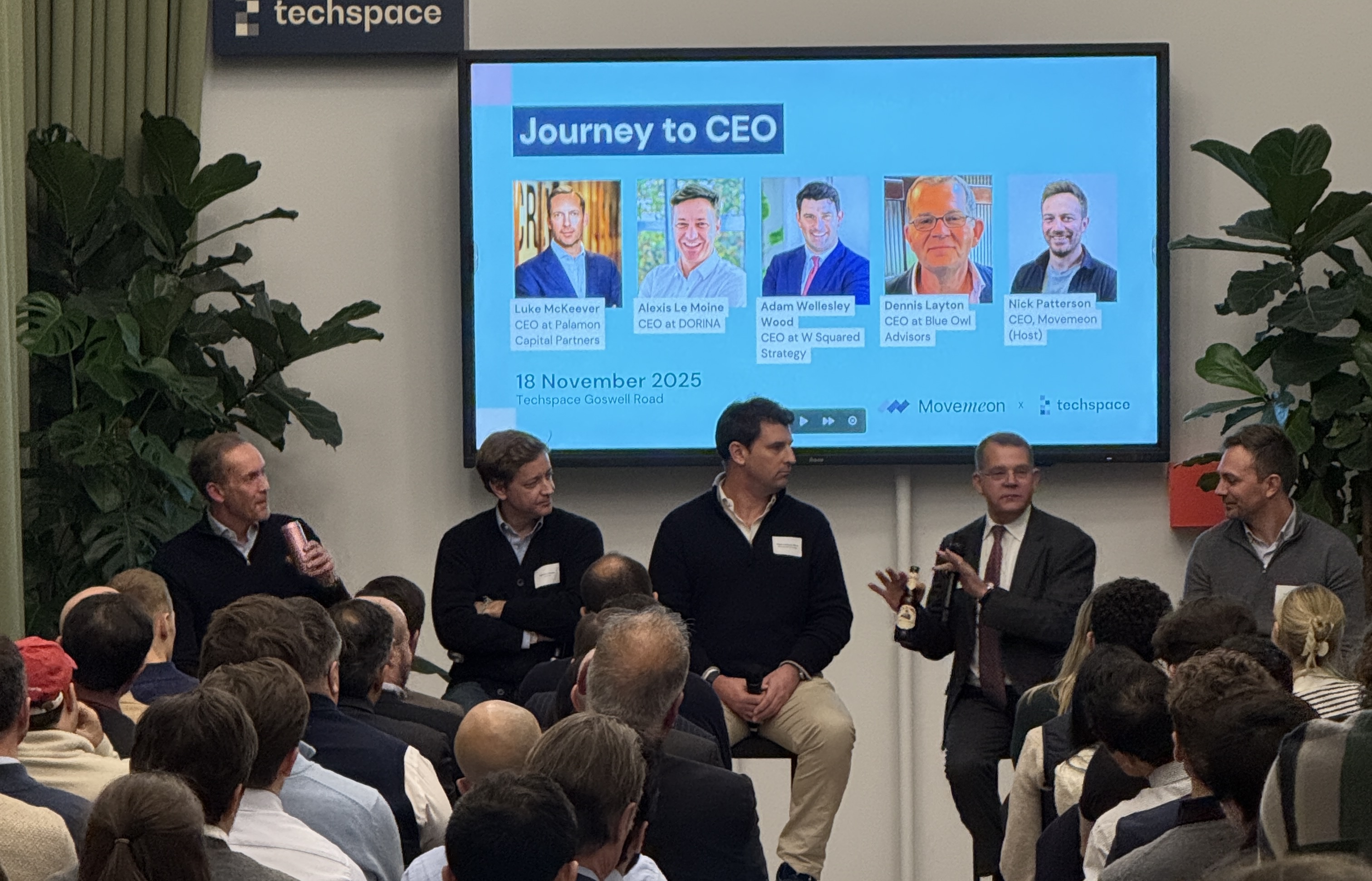How to be successful as a freelance consultant
Learn how to be a successful freelance consultant. Here’s what to think about if you’re considering making the switch.

Table of contents
Tags
Subscribe to our Newsletter
Working as a freelance consultant has become an increasingly popular career option – either a forever job or as a bridge between permanent roles. Both Movemeon’s founders have done it. Here’s what to think about if you’re considering making the switch. This post is about setting yourself up successfully.
When you decide to make the jump from full-time work to freelancing – also known as a contract consulting and sometimes interim – it’s important to make sure that you’ve set yourself up in the correct way and that you’ve thought through the practicalities of life as a freelance consultant. The setup process itself is quick and relatively pain-free – taking 2-3 days at most.
The essentials of freelance consulting
1. To work as a freelance consultant, you need to set up as a sole trader, limited company or join an umbrella organisation. We’ll be covering the pros and cons of each in a separate post – but as a general rule of thumb, we found the limited company (in the UK) route offers the most benefits – such as keeping the taxman happy. Run a quick google search and you’ll find plenty of companies that can help with the setup process. Equally, it’s quite easy to do yourself.
2. Set a range for the day rate you wish to charge. It’s important not to be too rigid with a specific rate and remain flexible. You might, for instance, want to set a lower rate for a longer piece of work. It’s always worthwhile scoping out new projects, overlapping what you know, with what a client wants and then being able to justify why you’re charging a specific rate. Do you bring something extra to the table, specific skills, relevant domain knowledge or flexible working arrangements – all things that can help you achieve a higher rate? We cover the different things to consider when setting a day rate in this post, but for now, it’s worth sticking to the golden rule – you should be paid for what you’re worth!
On this, I was once told that my day rate should be my previous salary divided by 100. Why 100? Because it takes into account the fact that you – as a freelancer – receive no benefits (paid holiday, pension, bonus, healthcare etc) and also risk not being able to work 240 days a year (for full-time pay).
Oh and remember a day rate = a defined length of day that you should agree with your client. You should work what you’ve agreed (not hours and hours into the night beyond your agreement; note a little bit of flex is recommended!)
3. Make sure you have the correct insurance in place before starting a new project and always qualify with a new client what type and value of insurance they require.
4. Are you up to date with your current/former employer's non-compete policy and what, if any, restrictions you may need to observe?
Mark is a successful freelance strategy & transformation consultant of 10+ years. Rich (movemeon.com co-founder) asks about pros & cons, how to get set up and why more and more employers choose to work with freelancers. Click here to see more videos and interviews with leaders or subscribe to our Youtube channel.
https://www.youtube.com/watch?v=mVR2kNdT-wA
The practicalities
It’s important to keep in mind that with your new-found freedom also comes a greater emphasis on having to do things yourself – gone are the days when hotel and flight bookings magically pop up in your inbox! Here are some of the main things you should keep in mind when you’re about to become/have recently started as a freelancer:
1. Try to leave your current / most recent employer on good terms. Freelancing is a great way of life when it works, but if, for whatever reason, it’s not something that works out it’s always nice to have an invitation to return to your current/previous job.
2. Ensure that you’ve budgeted for ‘lean’ months when you won’t be working and may require some additional finance (holiday periods, school fees etc). This will tie into our post on how to calculate the right day rate.
3. Be sure to think around your project pipeline and how you plan to find new work – Movemeon is a great place to start of course! And don’t forget your network!
4. Don’t be disheartened if at first, you fail to make any real traction in finding your first project. As you build your project experience and client network, finding new work becomes a smoother process and eventually, you’ll be living the dream, with previous clients knocking down to complete some follow-on work.
5. Think about the type of freelance consultant you’d like to be – generalist, industry or functional expert. It’s important to think about this as early as possible as clients strongly favour candidates with a strong track record in a specific industry or function.
Click here to view successful Movemeon members who have been hired as freelancers
Subscribe to Rich's (Movemeon Co-founder) monthly email below for more exclusive content, career tips, and industry experts interviews:
[hubspot portal="25392842" id="6d34e18b-55a6-4ec6-955e-19b4cbd28c40" type="form"]
Where Talent Meets Opportunity
Our exclusive network use us to find job that fit their skills, and thousands of Employers trust us to hire exceptional talent. Choose the path that matches your goals - start exploring or start hiring.
Our latest articles
We regularly publish up-to-date articles to keep you up-to-date on the market and our work.
.png)
A record quarter for Private Equity deals sees a sharp hardening in the hiring market
Talent supply tightens as PE demand surges: Inside Q4’s hardest hiring market in two years, where Private Equity accelerates, scale-ups hold steady, and Large Enterprises struggle to attract strategy and transformation talent.

What we can all learn from Private Equity about talent - McKinsey, HBR and our analysis
Private Equity has become one of the most influential forces in business, outperforming public companies through disciplined value creation and exceptional talent strategy. This article explains how PE achieves its results and why demand for ex-consulting talent is rising across the industry.
Join our exclusive global community
Receive exclusive data & insights on pay, benchmarking, and industry interviews to build a career that’s right for you.
Create an account today and start searching roles in under five minutes.






